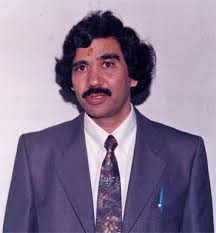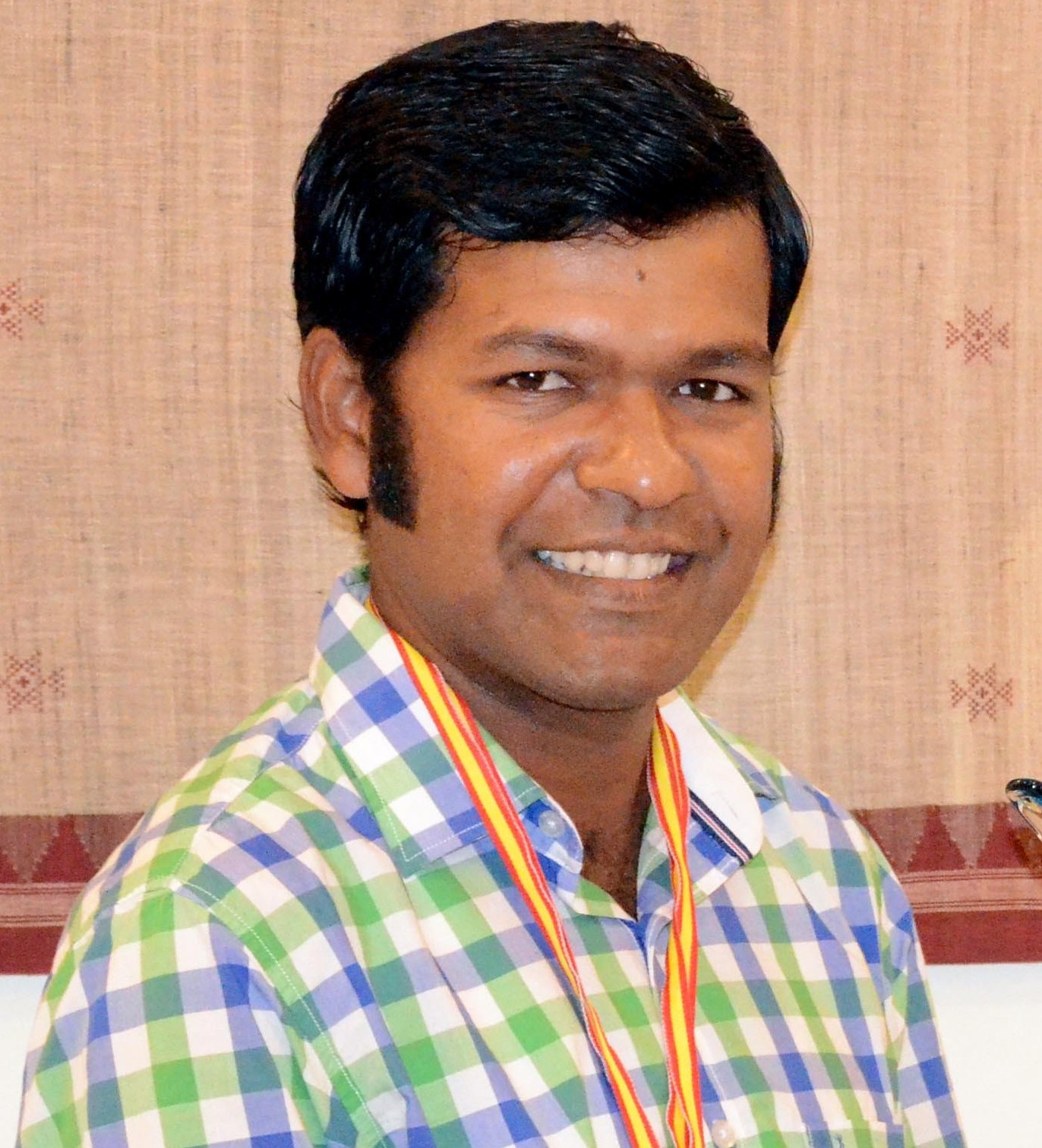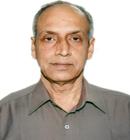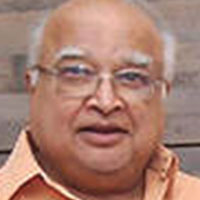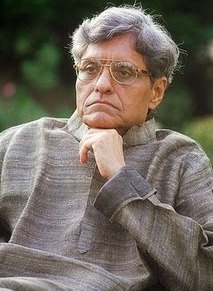Ajay Kumar Sood Padma Shri Awarded In 2014
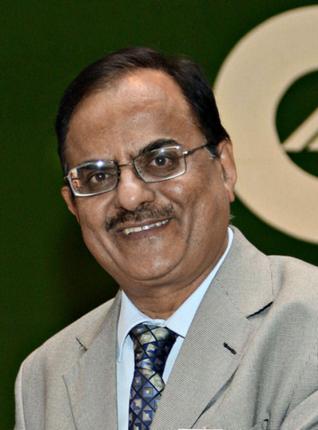
Ajay Kumar Sood
Award Name : Padma Shri
Year of Award : 2014
Award for : Science and Engineering
Location : Gwalior, Madhya Pradesh, India
Ajay Kumar Sood is an Indian physicist, researcher and holder of 2 US and 5 Indian patents, known for his pioneering research findings on graphene and nanotechnology. He was honoured by the Government of India, in 2013, by bestowing on him the Padma Shri, the fourth highest civilian award, for his contributions to the fields of science and technology. Sood was elected a Fellow of the Royal Society (FRS) in 2015. He was born on June 26, 1951 in Gwalior, India. Ajay Kumar Sood obtained BSc (Hons) (Physics) (1971) and MSc (Hons) (Physics) (1972) from Punjab University, Chandigarh. He served at the Indira Gandhi Centre for Atomic Research (IGCAR), Kalpakkam as Scientific Officer till 1988. While working at IGCAR, he received PhD (1982) from the Indian Institute of Science (IISc), Bangalore. He did postdoctoral work (1983-85) with M Cardona at Max Planck Institut for Festkorperforschung, Stuttgart. Thereafter, he worked at IISc as Associate Professor (1988- ), Professor (1994- ), Physics Department, and also served as Chairman, Division of Physical and Mathematical Sciences (1998-2008). Presently, he is Honorary Professor at Jawaharlal Nehru Centre for Advanced Scientific Research (JNCASR), Bangalore.
Sood's researches focused on two areas of condensed matter physics Raman spectroscopy of novel solids to unravel interesting phenomena, and soft condensed matter physics. His work on resonance Raman studies of semiconductor superlattices clearly brought out for the first time the concepts of confined and interfaces optical phonons. His high pressure Raman studies on fullerenes, solid C60, C70 and single wall carbon nanotube bundles, have brought out many interesting results. Sood and collaborators used impulsive stimulated Raman scattering using femtosecond laser pulses to excite squeezed phonon states for the first time in KTaO3. He has discovered the new phenomenon that the flow of liquids on single walled carbon nanotubes induces voltage and current in the sample along the flow direction. His other important study relates to the generation of electrical signal by gas flow over a variety of solids, including semiconductors, an effect known as 'Sood Effect'. In the area of soft condensed matter, recent experiments on viscoelastic gels formed by micelles established deterministic spatio-temporal chaotic dynamics in the nonlinear flow regime. Novel nonequilibrium phenomena in the study of colloids in electric field led him to invent an ultra sensitive immunoassay.

